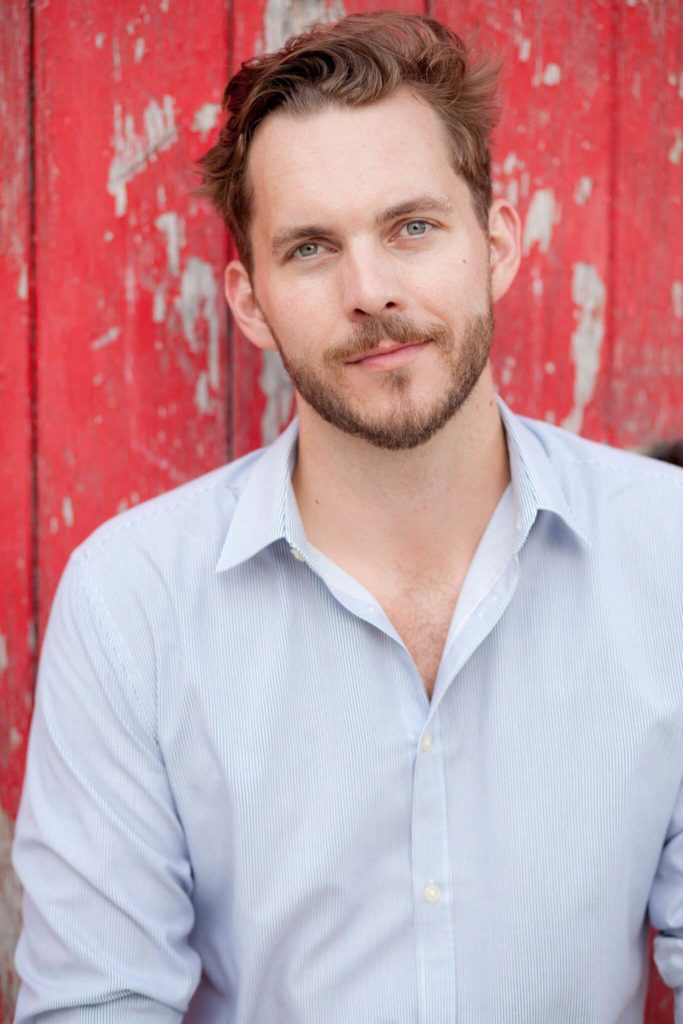McCann on reframing the queer legal project
Marcus McCann spoke to the University of Victoria Faculty of Law on January 24, 2018 about lesbian, gay, bi, trans and queer (LGBTQ) rights, and the limits of a narrow focus on equality. Here is an excerpt from the introduction to his talk.
*
You’ve probably learned about LGBTQ legal cases in your Constitutional Law classes. These are cases in which courts found that discrimination on the basis of sexual orientation is analogous to discrimination on the basis of sex, race, place of origin, and therefore that differential treatment on the basis of sexual orientation is impermissible. Discriminatory treatment is impermissible under Section 15 of the Charter, when it comes to state action, and it is impermissible under provincial human rights codes, in certain fundamental areas of public life, like housing, employment and the provision of services customarily available to the public. I don’t want to underplay the usefulness of equality and non-discrimination; the application of the Human Rights Code is a big part of my daily work.
But there is another aspect of this lineage in which LGBTQ people have been on the vanguard of changing cultural and legal perceptions about sex. And not just the sodomy law. This through-line in our history includes opposition to the 1981 Bathhouse Raids, pornography prosecutions, the seizure of material at the Canadian border, the Pussy Palace raid, and the broad criminalization of people living with HIV. What all of these battles have in common was a need to assert that a non-normative sexual practice is merely “benign sexual variation” and not morally blameworthy behaviour. And not just gay sex was implicated in these battles, but also promiscuity, public sex, pornography, BDSM, and so on.
It’s not just one law we keep getting caught up on. LGBTQ people have often found themselves at odds with a variety of laws which endorse the dominant view of sexuality. That is, in part, because the Canadian justice system has tended to see same-sex sexual activity as particularly scandalous, particularly obscene, particularly worthy of moral opprobrium. Charges related to LGBTQ sexuality have varied over time, and have included buggery, gross indecency, public indecency, indecent theatrical performances, operating or being a found in bawdy house, nudity, disorderly conduct, and a raft of non-criminal charges and by-law infractions. Authorities often use seemingly neutral laws (liquor license, fire code, health and safety, importation guidelines) to target sexualized and LGBTQ spaces.
These are also battles that tend to be less easily defended along equality lines. Were the bathhouse raids only wrong because they were targeting queer people, or were they also wrong because the state has no business interfering with the sexual activities of consenting adults?
There are good reasons why we should pay special attention to sex in this way. Firstly, autonomous sexual decision making is important to the integrity of the person and an aspect of human dignity. Secondly, sexual regulation is an area in which the government seems especially eager to legislate. In the last 10 years, Parliament has introduced a steady stream of new laws about sex — for instance, by increasing penalties for sexual offences, introducing the offence of internet luring and raising the age of sexual consent, new legislation about sex work. Finally, sexual regulation is especially in need of an anti-majoritarian counterweight because of what Brenda Cossman calls the “ick factor” — a tendency to want to regulate or criminalize those practices which fall outside our ordinary understandings of good (monogamous, heterosexual, and otherwise normative) sex.
If sexual autonomy and sexual expression were viewed by the court as representing positive value, it would not cash out in absolutist terms that “no sexual regulation is good regulation”. Instead, it would require the courts to be frank about balancing, including what we are giving up when we regulate sex.
My comments today aren’t about identity, but nonetheless I think it’s worth saying that we all have a right to demand to see ourselves reflected in the law. What are the ways in which we could begin to see sex-positive feminism and queerness represented in the jurisprudence? We need to do that work.
Marcus McCann has been involved in a number of high-profile LGBTQ cases, including appearing at the Supreme Court of Canada in Trinity Western University v Law Society of Upper Canada; organizing legal defences for men caught in a 2016 cruising sting in Marie Curtis Park; and winning the release of secret documents used in HIV prosecutions. He primarily practices in the areas of employment and human rights.





